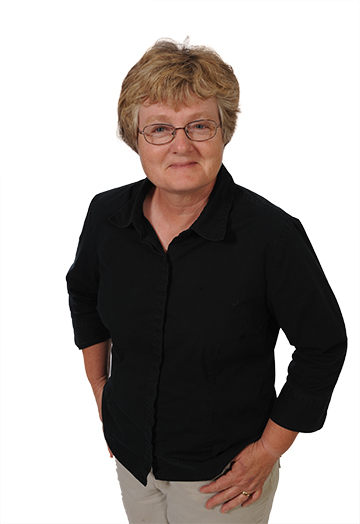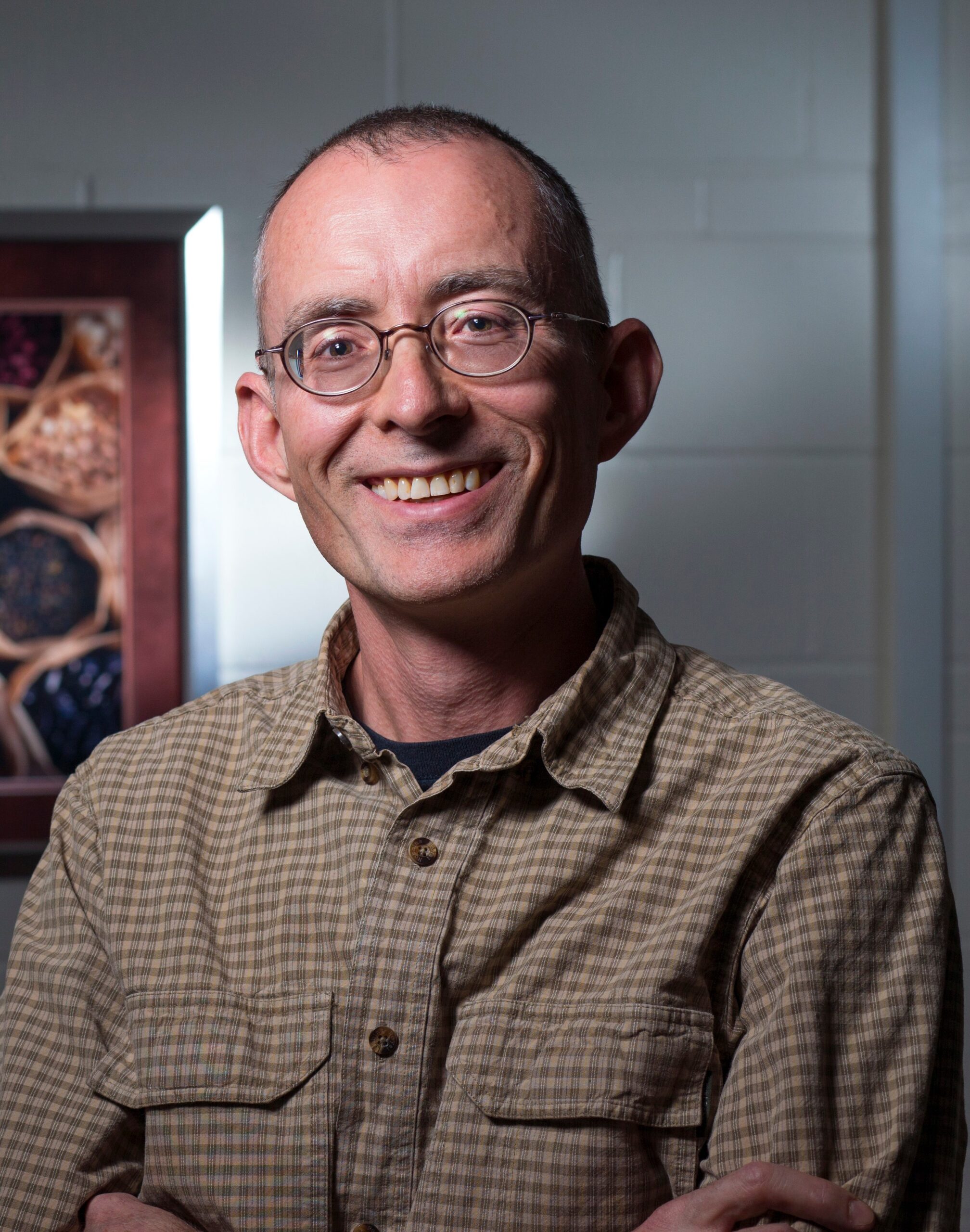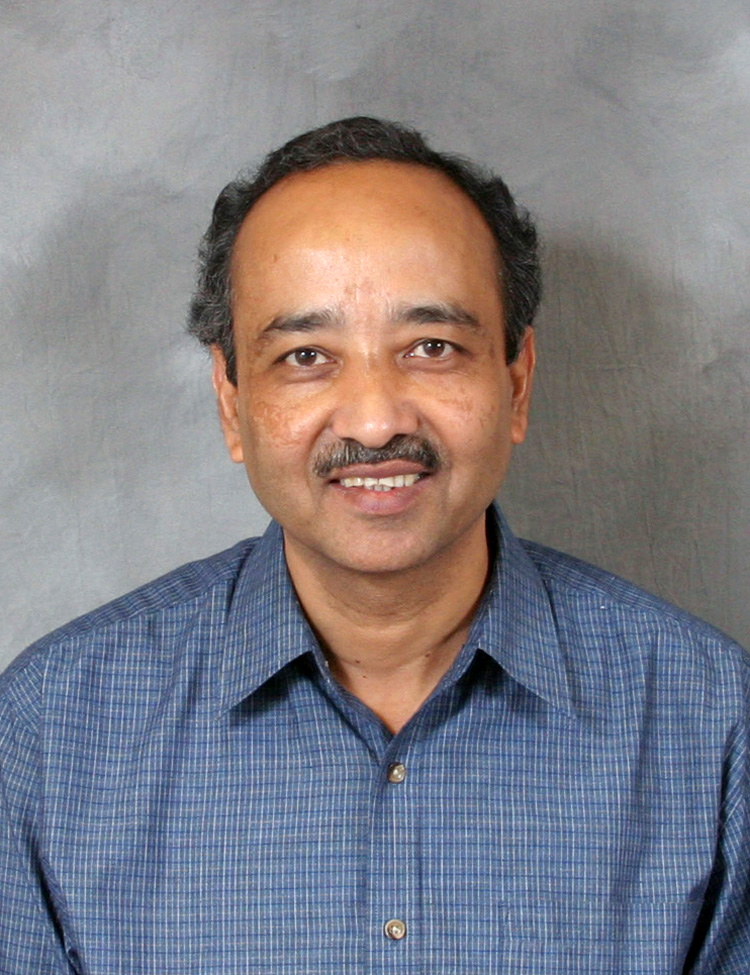Wang, Kan
Lübberstedt, Thomas
I grew up on a horticultural farm in Hamburg (Germany), where I was exposed to cropping various vegetable and ornamental species. I studied Agriculture, later Horticulture, where I very early became attracted by Plant Breeding and Molecular Genetics. Since then, combining those areas became my passion. I believe that this is one of the most exciting scientific areas to be in to date, both because of the tremendous progress in plant genomic research over the past decades, and its impact on plant breeding. But also because plant breeding will remain one of the key areas to address major societal challenges, including feeding the growing human population, delivery of affordable high quality food and other plant products, response to climate change (incl. production of cellulosic biofuels), among others.
Lee, Michael
Frei, Ursula
I studied Horticulture at the Technical University of Hannover with focus on Plant Breeding and Phytopathology. My PhD thesis was about early diagnosis of a fungal disease in wheat. During my scientific career, I worked with different crops species and techniques spanning from tissue culture techniques as protoplast fusion and regeneration in potatoes to the application of various DNA marker techniques in mapping and marker assisted selection in potatoes, flax, perennial ryegrass and maize. Since 2007 I am a scientist at Iowa State University.
My focus is the Doubled Haploid Facility, a service facility that offers the production of doubled haploid lines in maize to research institutions and maize breeder.
Cannon, Steven
Bhattacharyya, Madan
Bhattacharyya Lab is engaged in studying the molecular bases of two serious soybean diseases; the sudden death syndrome (SDS) and root and stem rot that are caused by Fusarium virguliforme and Phytophthora sojae, respectively. They have shown that FvTox1, a phytotoxin produced by F. virguliforme is involved in foliar SDS development. They then showed that by expressing an anti-FvTox1 plant antibody or FvTox1-interacting synthetic peptides one can enhance SDS resistance in soybean plants. They have mapped several quantitative trait loci governing SDS resistance and de novo sequenced F. virguliforme to identify pathogenicity genes involved in SDS development. They have shown that overexpression of two soybean genes, which are suppressed by F. virguliforme infection, enhances SDS resistance in transgenic soybean lines. One of these genes enhances resistance of soybean also against soybean aphids, spider mites and soybean cyst nematode. They have cloned the complex Rps1-k locus that governs the race-specific resistance of soybean against P. sojae pathotypes or races. There are two highly similar CC-NB-LRR-type genes in the Rps1-k locus that have been conferring Phytophthora resistance in soybean since 1980s. They have mapped several Rps genes including Rps1-k, Rps4, Rps6, Rps8, Rps12 and Rps13.
Bhattacharyya lab is also involved in understanding the nonhost resistance mechanisms of Arabidopsis against F. virguliforme and P. sojae. They identified 14 Arabidopsis mutants that are susceptible to both pathogens; and have cloned five genes that govern nonhost immunity of Arabidopsis against the two soybean pathogens. It appears that nonhost resistance mechanisms are highly complex and expression of these genes in transgenic soybean plants enhances SDS resistance.
Singh, Asheesh
Description of our team: We are a breeding, discovery, and tool-development-driven group interested in using transcending approaches and research activities to prepare and promote the next generation of competent and creative people who will work in inter- and trans-disciplinary teams to conduct critical research and establish effective breeding and research programs.
Our Mission: Educate the next generation of breeders in agriculture, engineering, and data science to develop tools and technologies that advance plant sciences and empower farmers to increase profitability and environmental sustainability.
Our Research Goals: To improve agricultural production and positively impact farmers and the agriculture industry by developing new products (cultivars, germplasm, methods, tools), gene discovery, and research insights.
Publications details – through Google Scholar: https://scholar.google.com/citations?user=lzTBffEAAAAJ&hl=en
About me: My professional interest is to help improve agricultural production and use research/breeding activities to benefit farmers and the agriculture industry by developing superior soybean and millets cultivars and germplasm for farmers and other stakeholders.
I have participated in the development of >75 cultivars (annually grown in >10 million acres) and 13 germplasm lines, published >165 peer-reviewed publications (and additionally >200 conference/meeting abstracts or posters), served as a PI/co-PI on federal and commodity board funded projects from multiple sources and given >75 invited talks nationally and internationally.
I have co-authored the textbook “Plant Breeding and Cultivar Development” (Academic Press, USA; 2021) [https://www.elsevier.com/books/plant-breeding-and-cultivar-development/singh/978-0-12-817563-7]. I lead AGRON 521 (Principles of Cultivar Development) and AGRON 522 (Field Methods in Plant Breeding) courses at ISU.
Plant-breeding experience: soybean, millets, durum wheat, wheat, maize, oats and barley.







